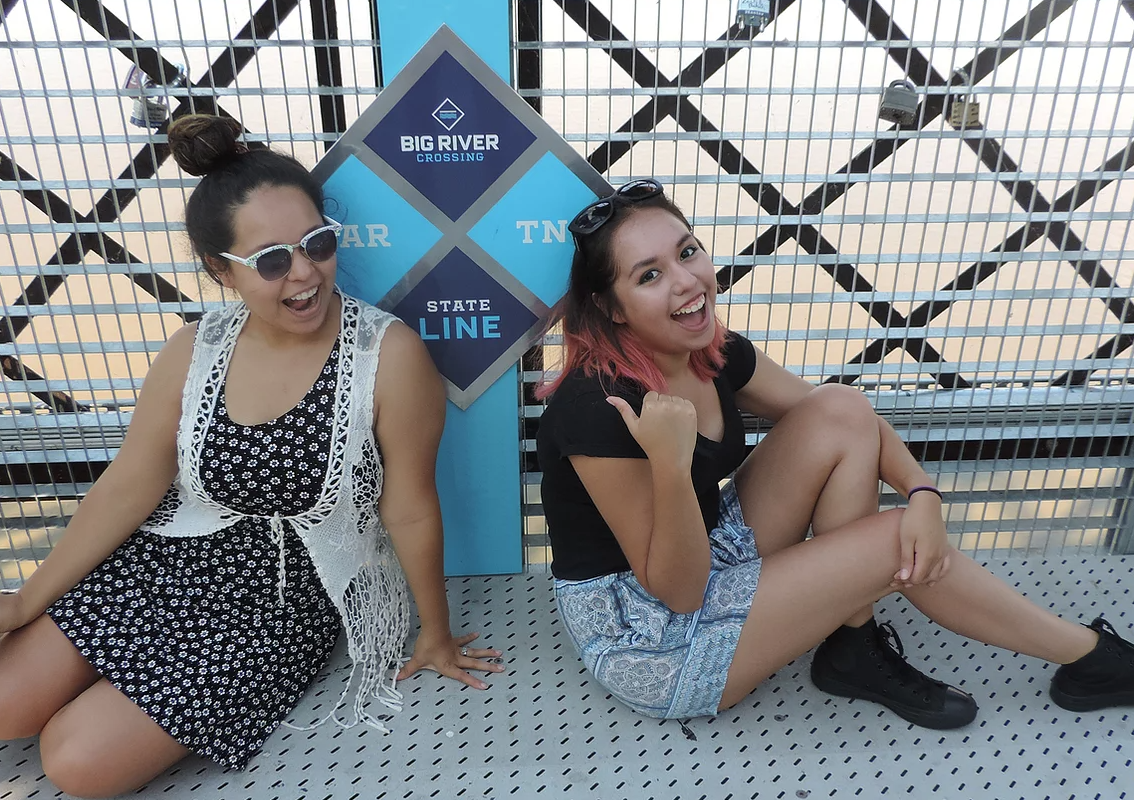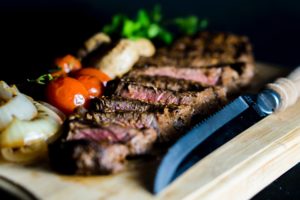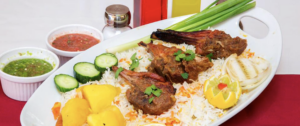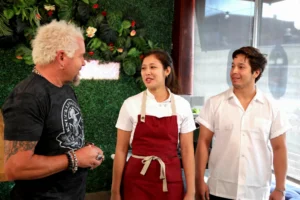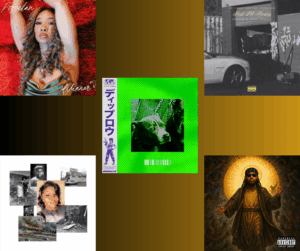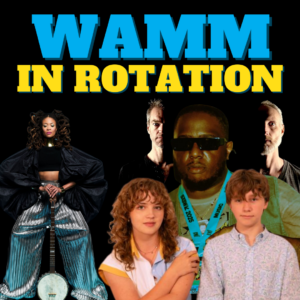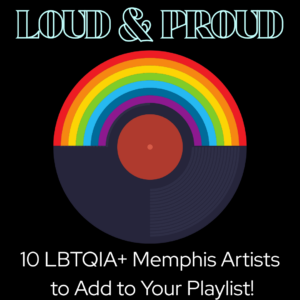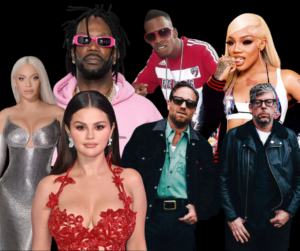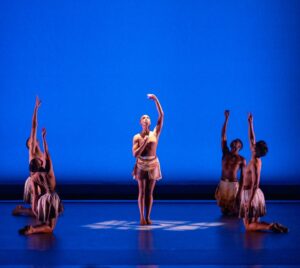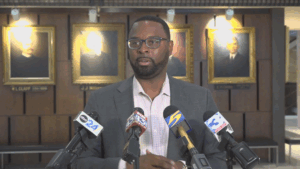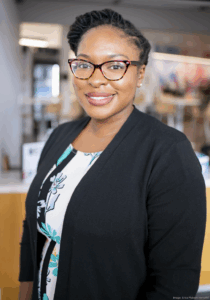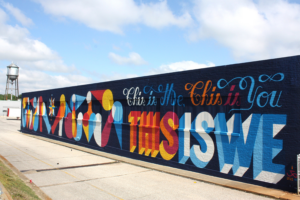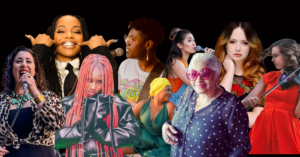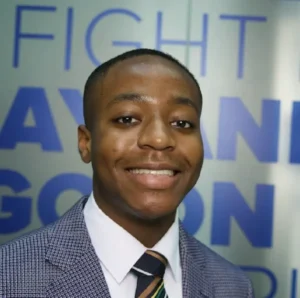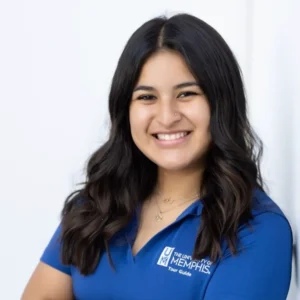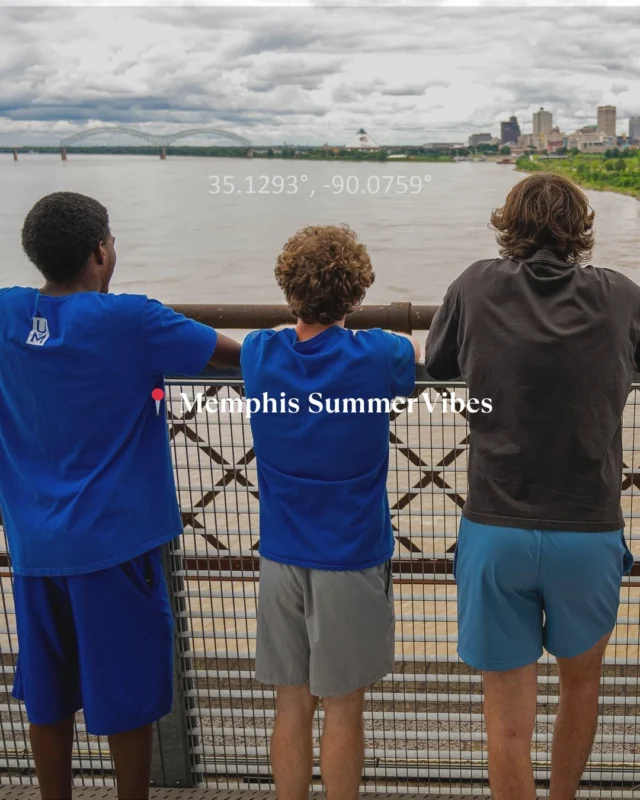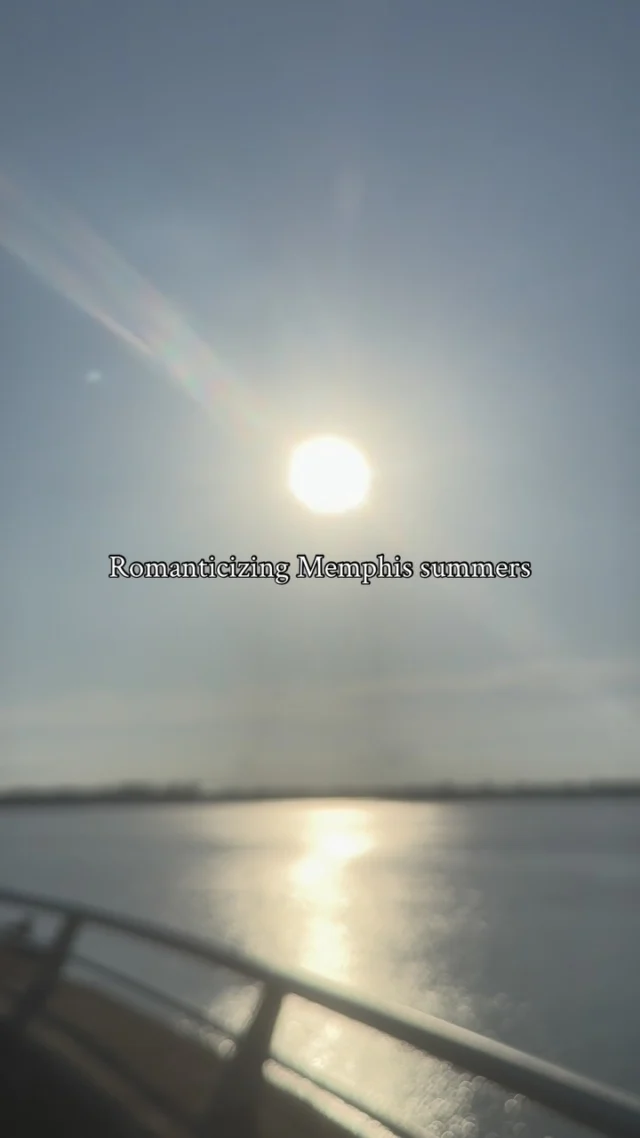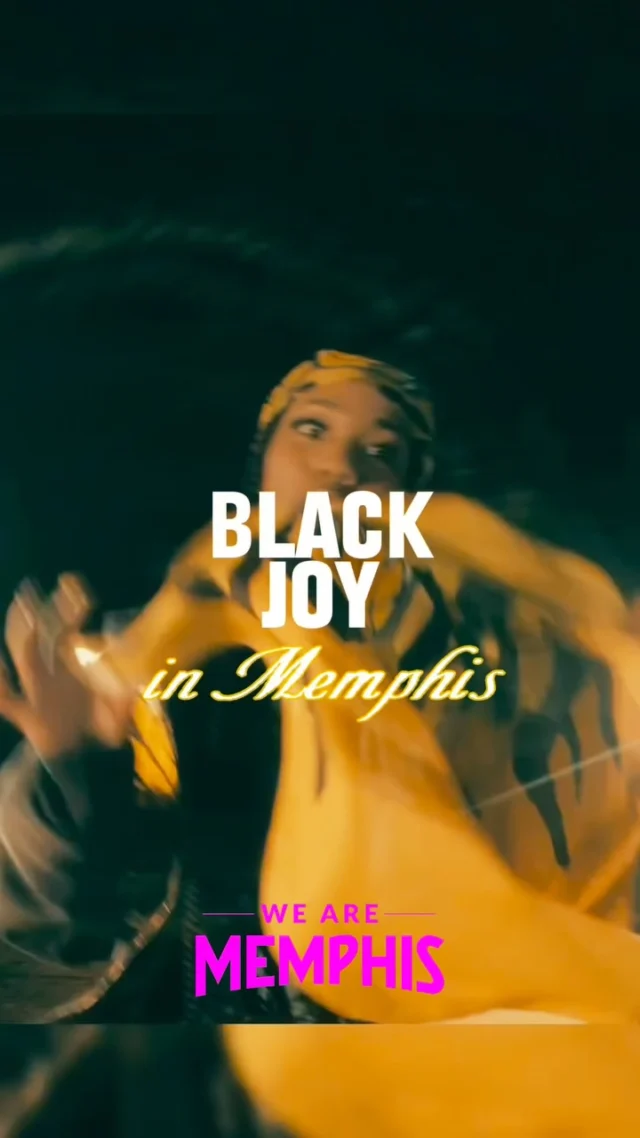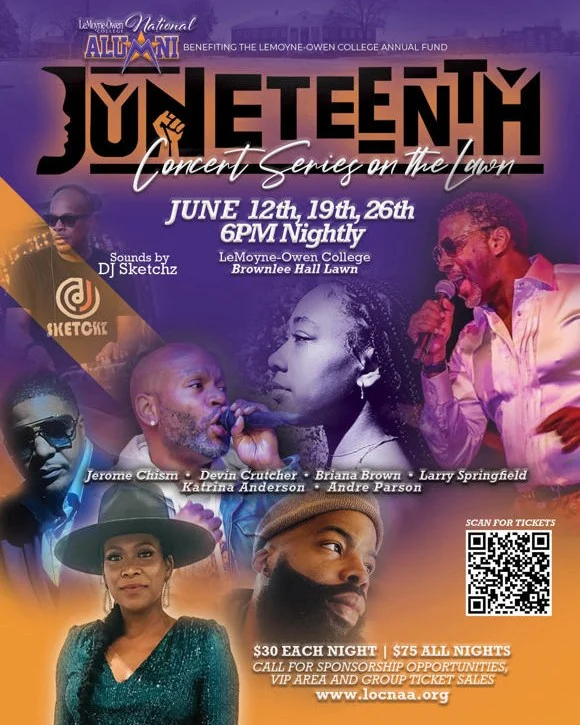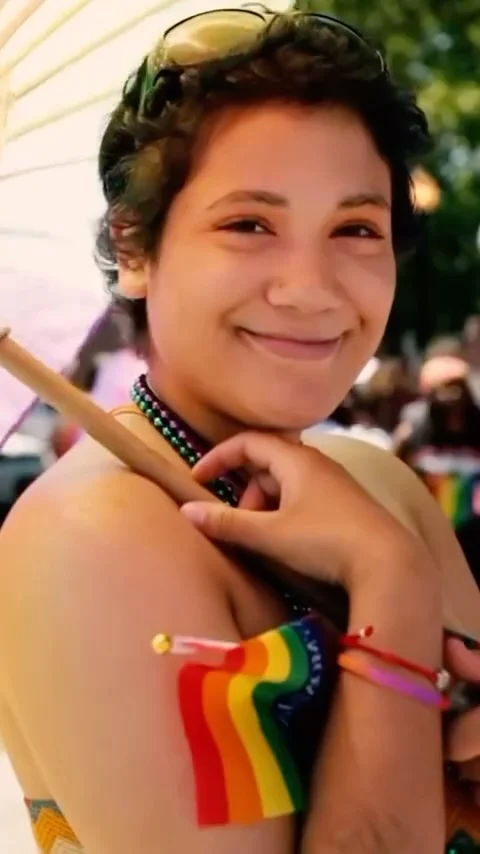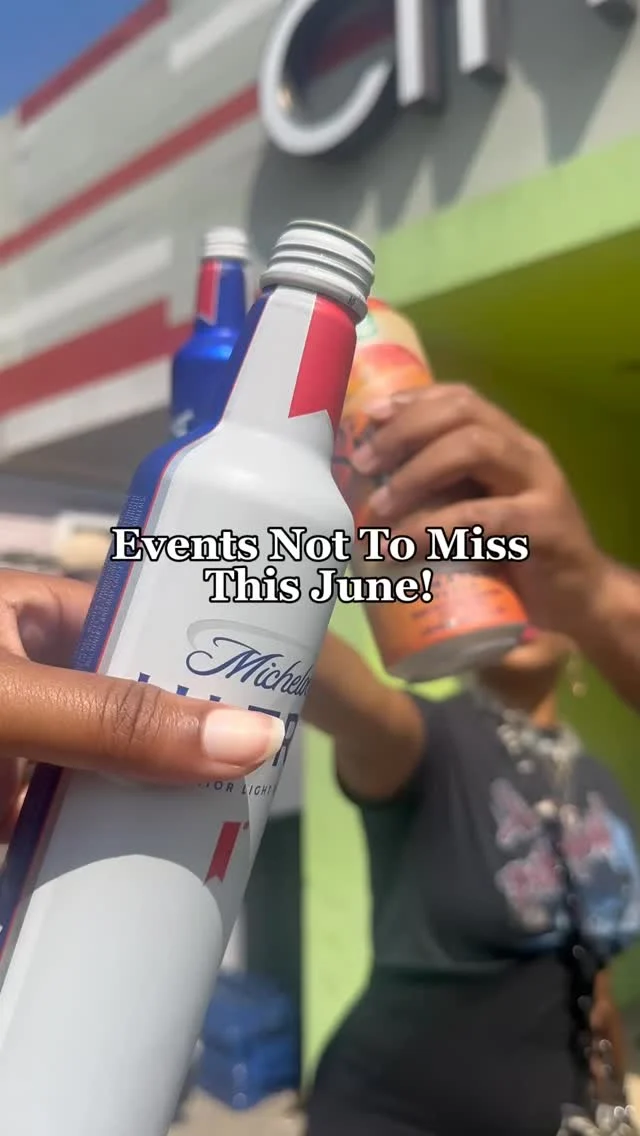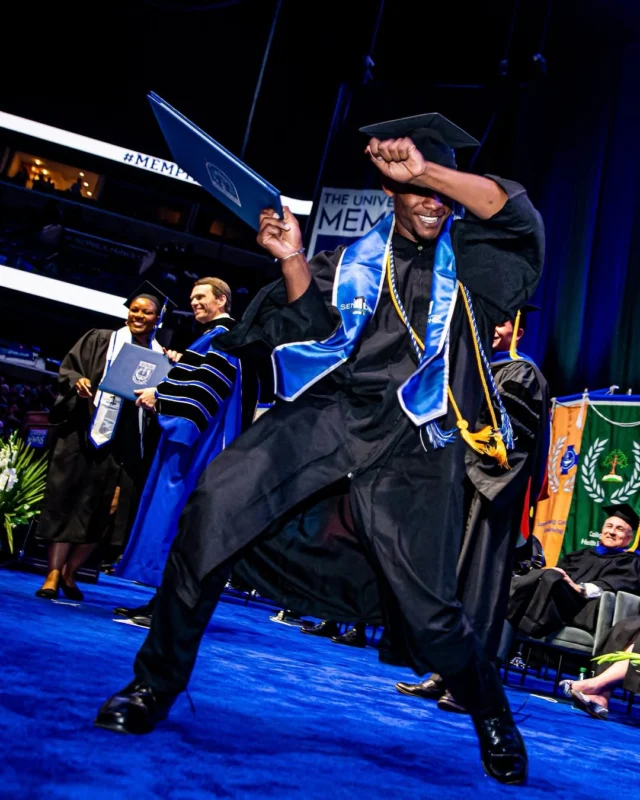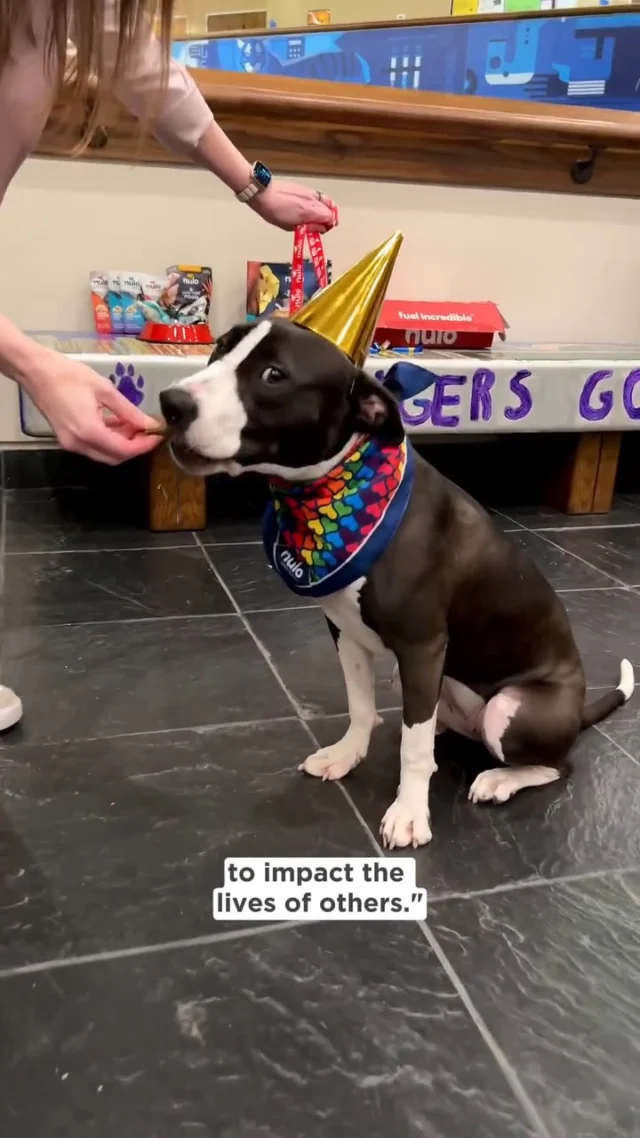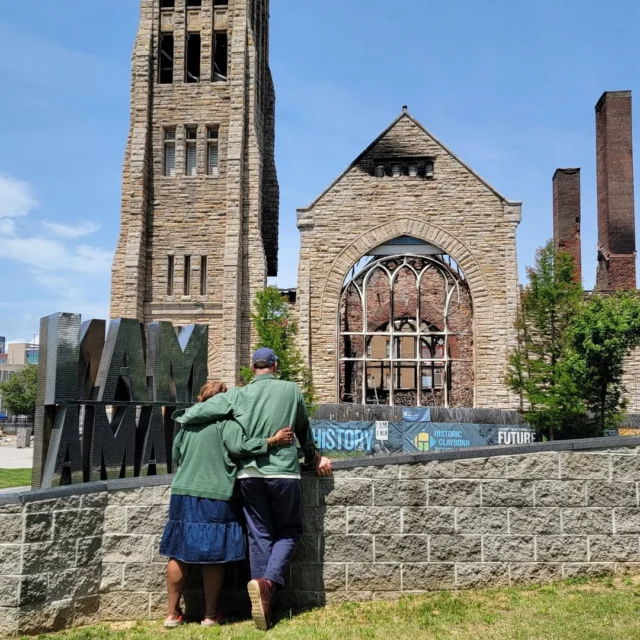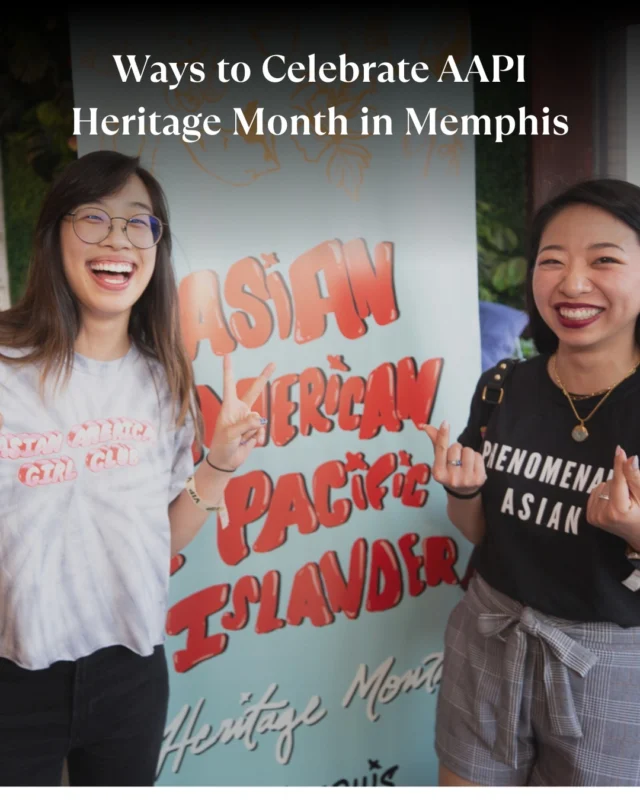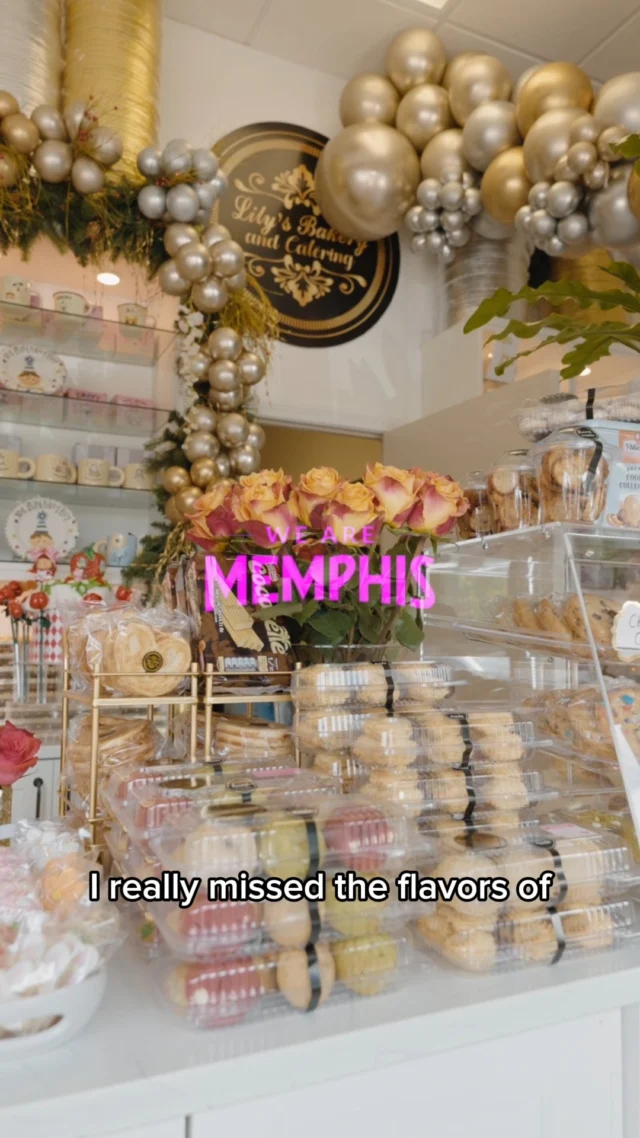We’re partnering with Latino Memphis to bring you Somos Memphis! A hub of content focused on sharing all the great endeavors, businesses, and more from Memphis’ Latinx community. The Latinx culture isn’t a monolith–there are so many vibrant cultural aspects, forms of expression, and perspectives that come together to make Memphis the amazing city that it is. We can’t wait to share more stories with you!
Cecilia Martinez is one of the minds behind the MenosMal blog and Wicked Huercas podcast. Along with her sister, Dulce, they create engaging lifestyle content that covers everything from travel to stories of their childhood. We caught up with Cecilia to learn more about their content as well as get to know a little more about her!
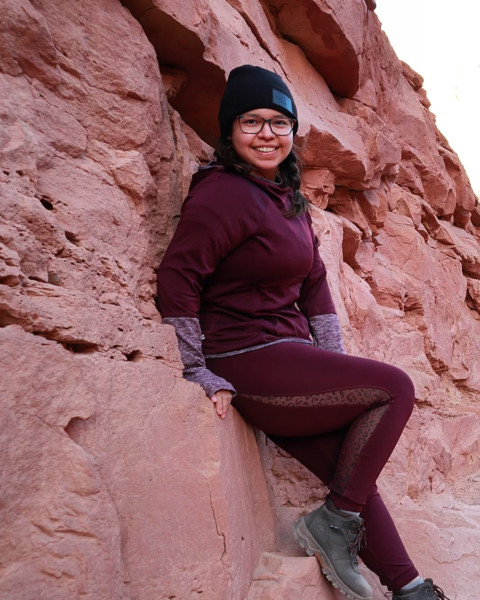 Tell us about Menosmal’s origin story! We’d love to hear how everything got started.
Tell us about Menosmal’s origin story! We’d love to hear how everything got started.
In 2019-2020, I interned at Church Health Center while I was working on my master’s in social work at the University of Memphis. I worked a lot with the Latin community and often had to find online resources such as apps, websites, podcasts, etc that could help them with self-care. I struggled to find anything in Spanish or Indigenous languages and realized that not even I could find content that I could identify with as a bilingual, first-generation immigrant raised in the South. At the beginning of the pandemic, I started making graphics and videos for patients and for families I worked with as a caseworker at Latino Memphis, about mental health, building support networks, etc.
As much as I wanted to make that work, I realized that I wasn’t coming off as authentic, because even though I’m a first-generation immigrant, my experience was very different considering I came to the U.S. as a child, speak fluent English, and have more knowledge of navigating predominantly-white spaces. That’s when I realized that the best way I could help others like me is to simply share my story and experiences.
Menos mal has a double meaning in Spanish. It can be an expression of relief such as “good thing (menos mal) that you didn’t go to that party because it was boring”, but the literal translation is also “less bad”. I picked this name because I wanted to put content out there that helped people like me, whether Latin, Mexican, or first-generation, and provide guidance and tips that they may not otherwise have and help ease their journey in becoming the best version of themselves. I try to do this through blogs, social media posts, videos, and our podcast.
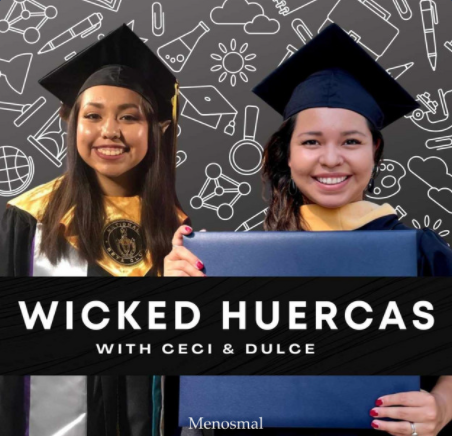 Same for the Wicked Huercas podcast–tell us everything! We see you talk about a wide range of topics on the show, which ones would be your top two favorite episodes and why?
Same for the Wicked Huercas podcast–tell us everything! We see you talk about a wide range of topics on the show, which ones would be your top two favorite episodes and why?
Wicked Huercas is co-hosted by my youngest sister, Dulce, and I, who also writes blogs on the site from time to time. When we came to the U.S. I was seven, my middle sister was four, and Dulce was barely one. We grew up in a very small, rural, not very diverse town in Middle Tennessee, and now as adults when we reflected back on our experiences, we realized that stories like ours weren’t often told. A lot of the Latin stories we hear are about people living in big Latin communities, such as New York or LA. On our podcast, Dulce and I share stories about our childhood and what it means to be a Latina in the South. We talk about a wide range of topics such as education and sometimes interview others to talk about their experiences. While these topics are serious, we often joke around and keep things light-hearted.
How has Memphis’ Latinx community been a part of your own story?
I moved to Memphis to attend graduate school at the University of Memphis, and now almost four and a half years later I have realized how much this city has helped me grow. Growing up and in college, I was not used to being surrounded by a large Latin community, and even though Memphis doesn’t have an enormous Latin community, it’s big enough to be embraced by it. I worked at Latino Memphis for about three and a half years as a caseworker and during that time I had so many opportunities to work with the community. My Spanish has greatly improved during my time here, and it’s the first time in my life when my group of friends is made up of so many Latin individuals from different backgrounds. I feel like Memphis has provided me with a stable foundation for growth, and the ability to find my identity while reconnecting with my roots.
What do you hope your audiences take away from your content?
I would hope that when people read and listen to our content they can identify with our experiences or at least learn from them, whether it’s reading a travel blog and discovering a new restaurant to being connected to a community resource. I especially hope that others outside of the South learn that there is a Latin community here that is working hard every day and making space.
What’s up next for you and Menosmal?
In my eyes, Menosmal is an ongoing lifestyle project and a way for me to be creative. Now that I am out of school I have a lot more time to focus on the platform and what it can be. I hope to continue writing blogs about travel, education, lifestyle, and continue sharing Latin stories on our podcast. I’m also working on a resource page of agencies that serve the Latin population in the South. Whatever we do in life, we are navigating spaces and making pathways, so I will always share my experiences, whether good or bad, to help others in their own journeys.
Dulce is an interdisciplinary media major at Middle Tennessee State University, so I am looking forward to what we can do together with her knowledge and my social work experience.
We also have an Etsy, MemosmalMarket, where we sell upcycled items designed by us and made by my mother-in-law, all made from up-cycled material. We don’t like to put content out there just for the likes or the heck of it, so whatever we do, whether it’s a blog or a headband, we want to make sure that it’s thought out, sustainable, and in the end in some way helps the betterment of our communities.
You might also be interested in: Itzel Gomez: A Dedicated Advocate for the Latino Community in Memphis
